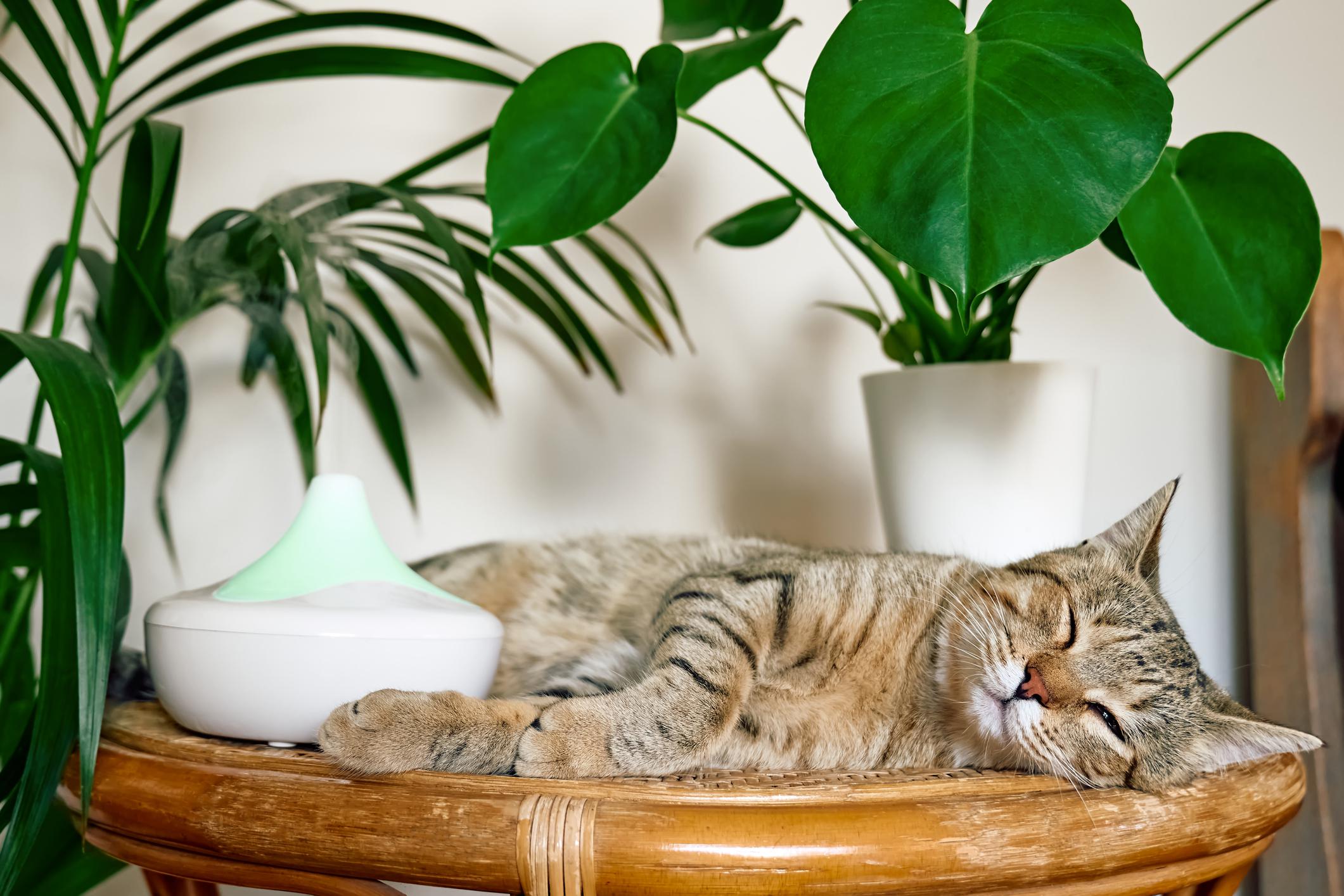How to Prepare Your Pool For Winter
Posted by Mosquito Squad
October 27, 2014
If you haven’t already, now is the time to think about preparing your pool for winter and closing it up to protect it from the cold temperatures. Freezing water can not only damage the structure of your pool, it also can provide an ideal habitat for mosquito eggs to hunker down until the warmer weather arrives.
There are plenty of pool maintenance companies who offer the service of preparing your pool for winter for a cost, however if you are keen to save a little money, the process is quite easy for the average homeowner to do themselves. So roll up your sleeves and follow these simple steps on how to prepare your pool for winter to ensure you look after your valuable outdoor feature and reduce the number of mosquitoes annoying you next season!
Balance the pool’s water chemistry
About 5 days before you are going to close up your pool, ensure the pH, total alkalinity and calcium hardness levels are all balanced. This will protect the pools surface from staining.
Apply a winterizing algaecide
You can pick up a winterizing kit from your local pool supplier which will help keep your water blue and clear. The algaecide destroys any algae and prevents more from blooming during the season. Besides keeping the pool from discoloring, it will be a less appealing environment for the female mosquitoes to lay her eggs in.
Tip: Avoid placing a chlorine floater in the water during this period as it will most likely stick to the wall leaving a stain or bleach mark.
Remove all the equipment
Remove all the pool equipment including baskets, skimmers, hoses, filters, pumps, heaters and ladders. Don’t forget any decorative elements and blow up toys that might be floating around. Clean all the equipment and dry it thoroughly before storing it in an undercover, dry place for the season.
Give your pool a good scrub
Unfortunately this step means you have to climb in the cool water, but it is an essential step! Give the pool an extra good clean with the skimmer to make sure you have removed any leaves, dead bugs or scum floating in the water. Then vacuum and brush down all the surfaces including the pool floor. Do this the same day you are going to close the pool so no little critters make their way back in.
Lower the water level
With the help of a pump lower the water below the mouth of your skimmer. Freezing water can cause a great deal of damage to not only the pool structure, but also the plumping and filtering system. The throat of the skimmer is one component that can be easily damaged, so take precautions to protect it.
Tip: The desired water level will depend on what cover you are using, so check the manufacturers specifications if in doubt.
Release water from drains and plumbing
To avoid your pipes from cracking due to freezing water, use a vacuum to blow out the water from each line in your filtering system. Get some expansion plugs from your local pool shop to ensure no more water comes back in. While you are there, drain out any standing water in pumps, filters and heaters and clean them thoroughly.
Close the pool up
Now for the easy bit in the process of preparing your pool for winter, close her up. Whether you use a soft or hard cover it is essential it fits snuggly and doesn’t have any gaps around the perimeter or cracks where insects such as mosquitoes and debris can enter. A mesh cover is often the best bet as it fits generally fits more tightly over the pool.
Preparing your pool for winter might seem a little daunting and hard work, but it will save you money and time in the long run as well as help to reduce the number of mosquitoes annoying you poolside in spring. Neglected pools, even for just one season, are the ideal breeding ground for mosquitoes. It is suspected mosquitoes are able to fly up to 10km from the pool they emerged from so keeping yours maintained is not only going to benefit you, it will also be a positive for your neighbors!
Content on this website is for informational purposes only. We intend for our content to be educational, but we advise all content be used at the reader’s own risk.















